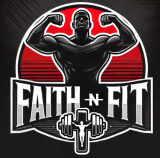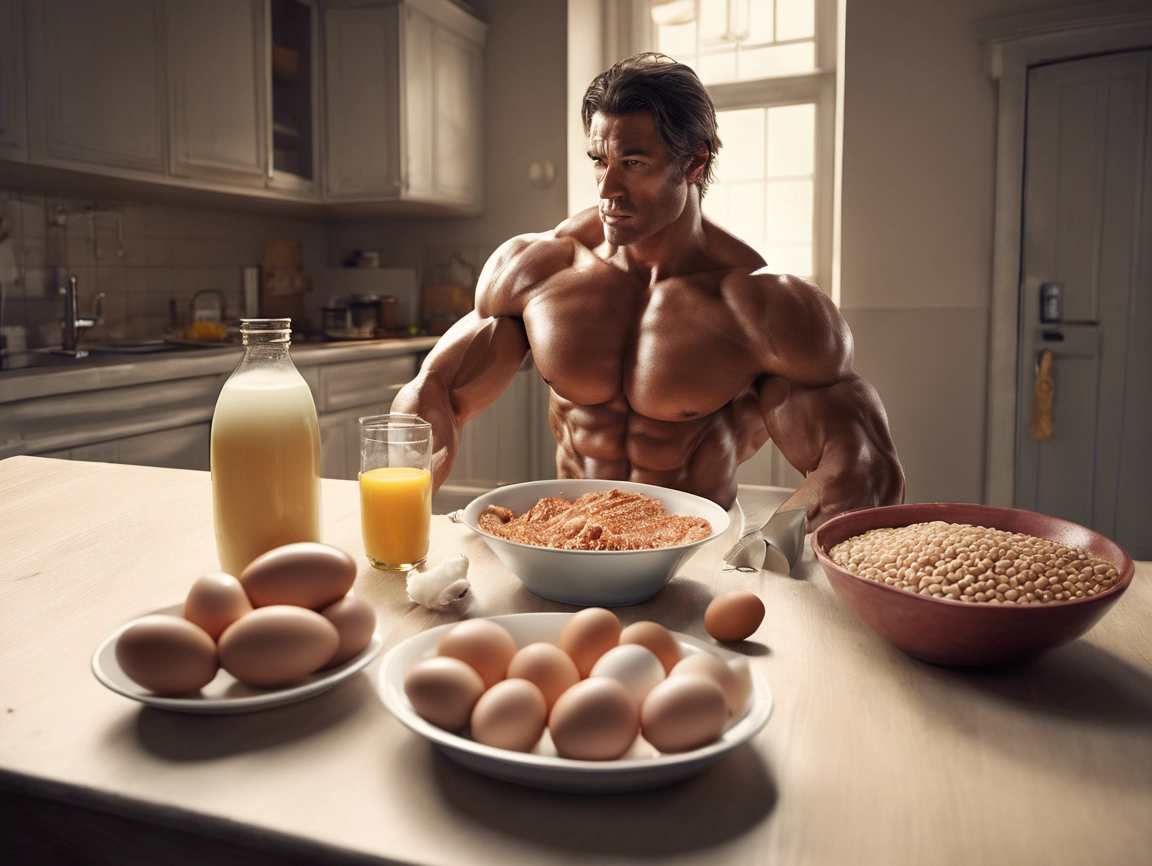Protein intake plays a crucial role in muscle growth by providing the essential building blocks, known as amino acids, that muscles need to repair and grow after resistance exercise. Understanding how protein works in your body can help maximize your muscle-building efforts.
What Role Does Protein Play in Muscle Repair?
Protein is vital for muscle repair and growth because it supplies amino acids, the building blocks required for muscle recovery after exercise. Small tears occur in your muscle fibers when you perform resistance exercises like weightlifting. The body initiates muscle protein synthesis (MPS) to repair these tears, using amino acids from dietary protein. Leucine, a key amino acid found in high-protein foods like whey, is particularly effective at stimulating MPS and promoting muscle growth.
How Much Protein Do You Need for Muscle Growth?
To maximize muscle growth, it’s important to consume enough protein. Research suggests that people aiming to build muscle should consume 1.6 to 2.2 grams of protein per kilogram of body weight per day. This amount helps ensure your muscles have enough amino acids to recover and grow after each workout. For example, a person weighing 70 kg should consume between 112 to 154 grams of protein daily.
When Should You Eat Protein to Boost Muscle Growth?
Timing your protein intake can also affect muscle growth. Eating protein after exercise can maximize the benefits of muscle repair. Consuming 20-30 grams of protein within 30 minutes to two hours post-workout can significantly enhance muscle protein synthesis. Spreading your protein intake evenly throughout the day, across 4-5 meals, ensures your muscles are constantly supplied with amino acids.
Can You Build Muscle Without a Calorie Surplus?
While protein is essential, muscle growth also depends on being in a calorie surplus. This means you consume more calories than your body burns, providing the energy needed for muscle repair and growth. Protein alone cannot drive muscle growth if your body lacks the calories necessary to support new tissue formation.
How Does Protein Help Maintain Muscle During Fat Loss?
Protein becomes even more crucial to prevent muscle breakdown when there is a calorie deficit for fat loss. Consuming 2.2 to 3 grams of protein per kilogram of body weight helps preserve lean muscle mass while losing fat. Protein-rich diets prevent the body from using muscle tissue as an energy source, allowing you to retain muscle while shedding fat.
Key Takeaways:
- Protein is essential for muscle repair and growth.
- Aim for 1.6 to 2.2 grams of protein per kilogram of body weight daily.
- Consuming protein post-workout (within 30 minutes to two hours) maximizes muscle protein synthesis.
- Protein supports muscle growth, especially when combined with a calorie surplus and resistance training.
- During fat loss, a higher protein intake preserves lean muscle mass.
Read Next…
- Keto vs Low Carb for Muscle Building: What’s the Real Difference?
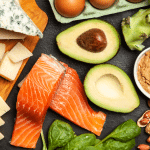
- 5 Easy High-Protein Snacks for Muscle Recovery on Busy Days
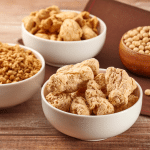
- Best Plant-Based Proteins for Muscle Gain

- Is Beef Liver the Most Nutrient-Dense Food?
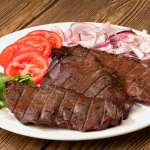
- How to use a clean bulking guide Without Gaining Excess Fat
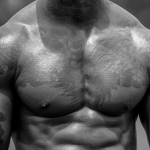
Subscribe now and get a 14-day free trial workout app for iPhone users.
